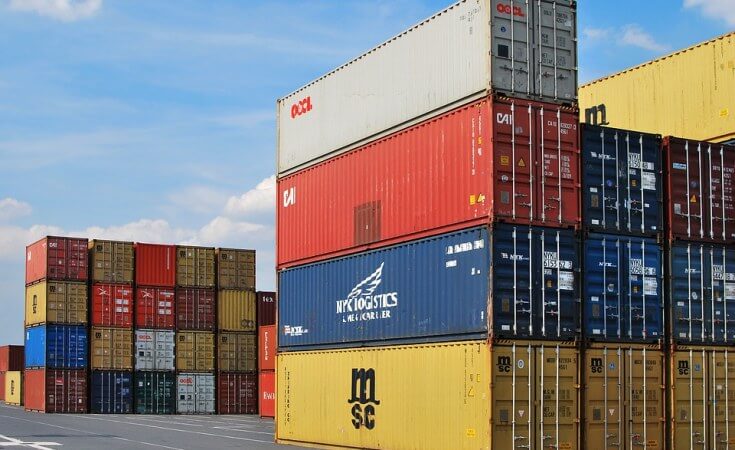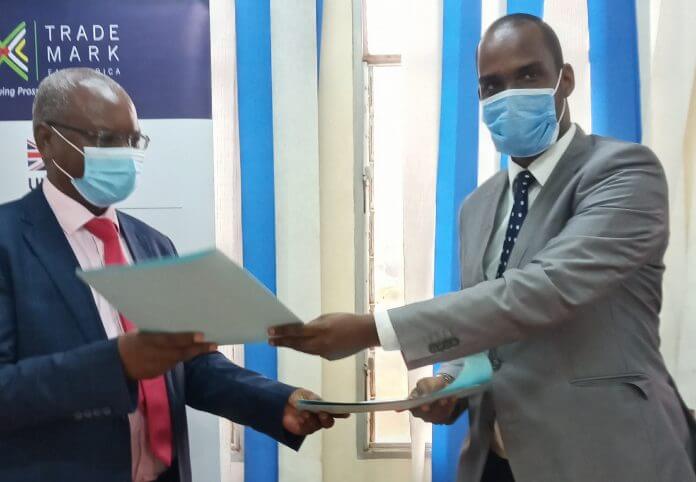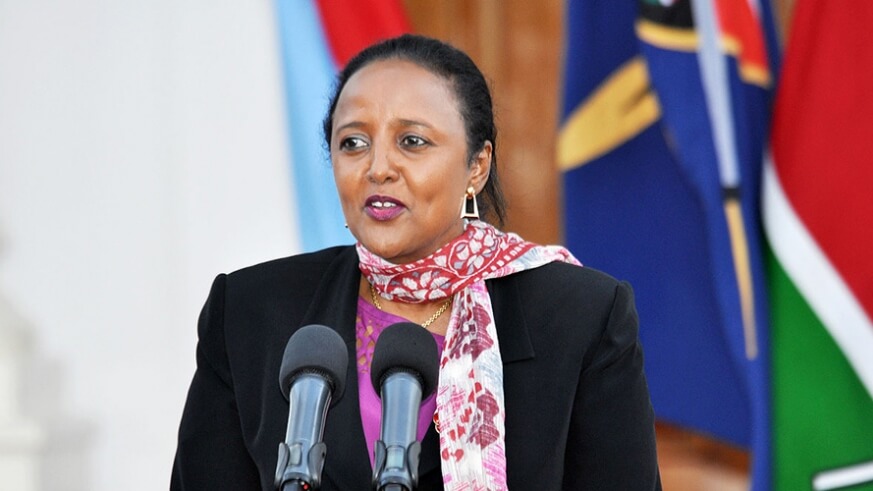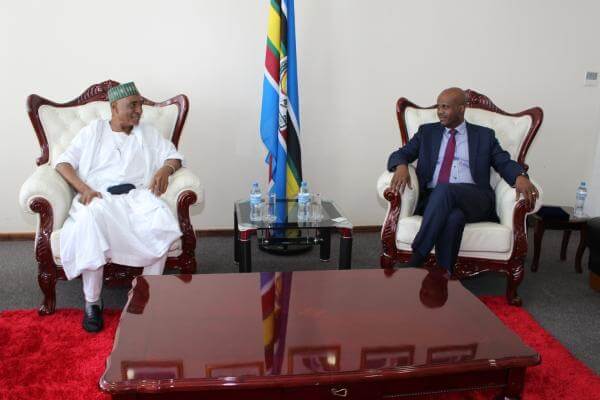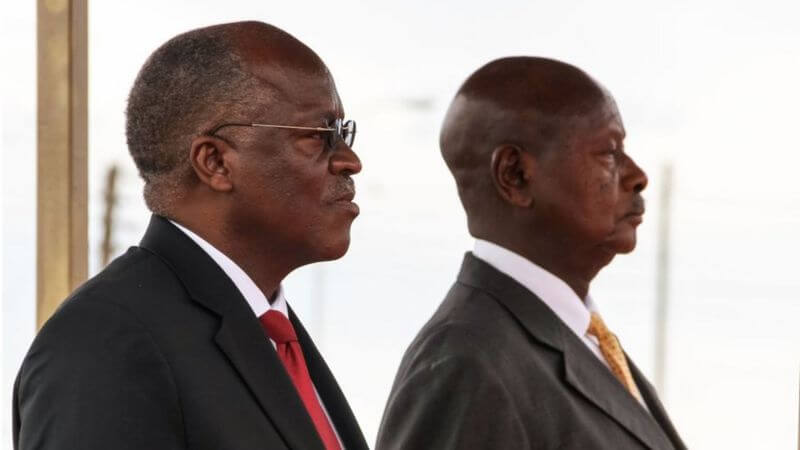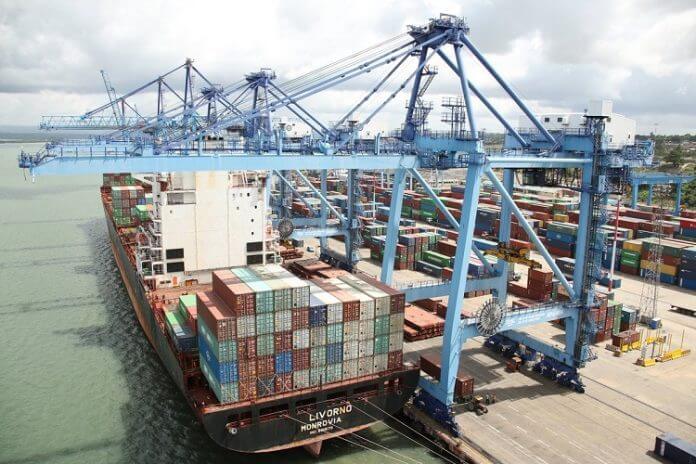TANZANIA and Rwanda have agreed to meet at the end of this month to discuss and address various bottlenecks that impede smooth flow of trade between them. Rwandan High Commissioner to Tanzania, Maj.Gen. Charles Karamba unveiled this in Dar es Salaam on Tuesday in a brief meeting with the Tanzania Private Sector Foundation (TPSF), aimed at cementing trade relations between the countries. Speaking at the meeting, the TPSF official, Mr Kennedy Rwehumbiza said one of the trading barriers include Rwanda's refusal to accept Covid-19 test certificates from Tanzania and denial of Tanzanians truck drivers to cross Rwanda border, who want to off load cargos at the border, thus causing delay, increase cost and time of doing business. "Despite the agreement between the two countries, there are still challenges to facilitate transit of perishable, petroleum and transit goods via Rwanda," he said, adding that: On the other side, he added, Rwanda has been hesitating to use Dar es Salaam port due to un-harmonized trade policies, congestion (at the port), numerous checkpoints along the route, and theft, among others. He said that despite the challenges, the statistics show that Rwanda imports from Tanzania was 224.54 million US dollars and Rwanda exports to Tanzania 5.1 million US dollars during 2019, according to the United Nations COMTRADE database on international trade. Responding, the High Commissioner stressed that: "I see the meeting is of importance and should take place in these few coming days, and include Private Foundations of both sides and other stakeholders, mostly...
Rwanda: Tanzania, Rwanda to Resolve Cross Border Trade Hurdles
Posted on: September 21, 2020
Posted on: September 21, 2020

